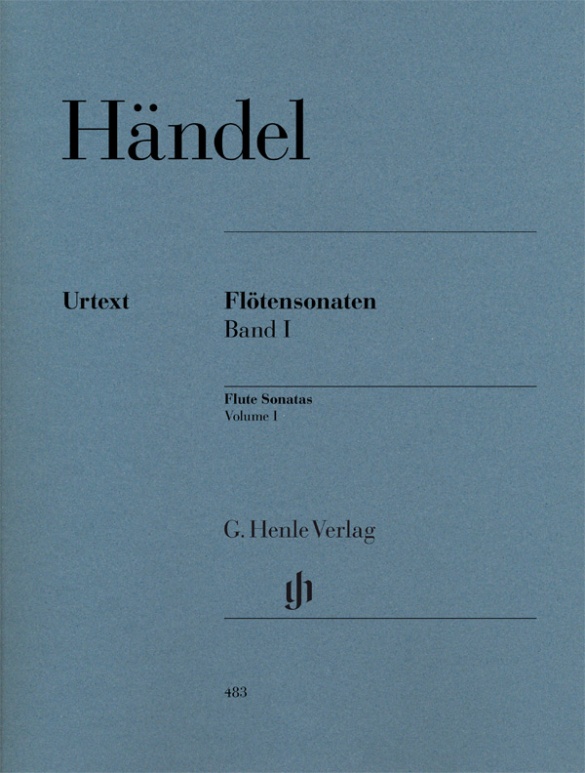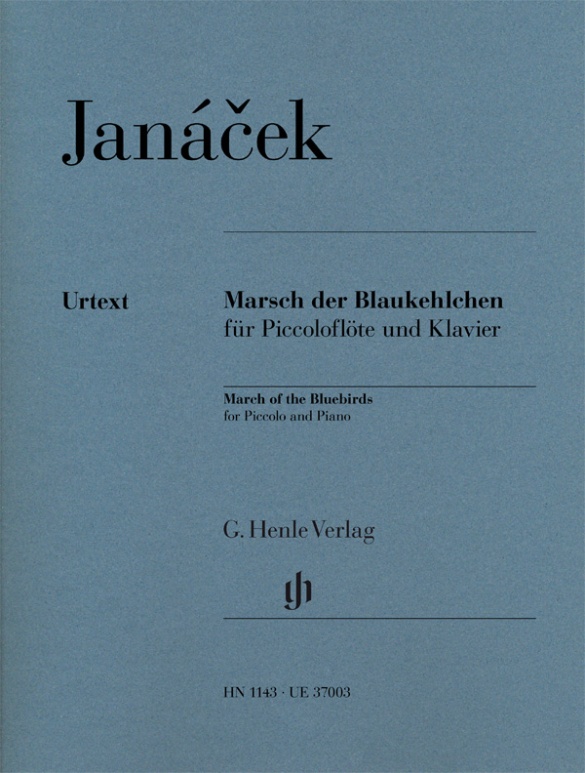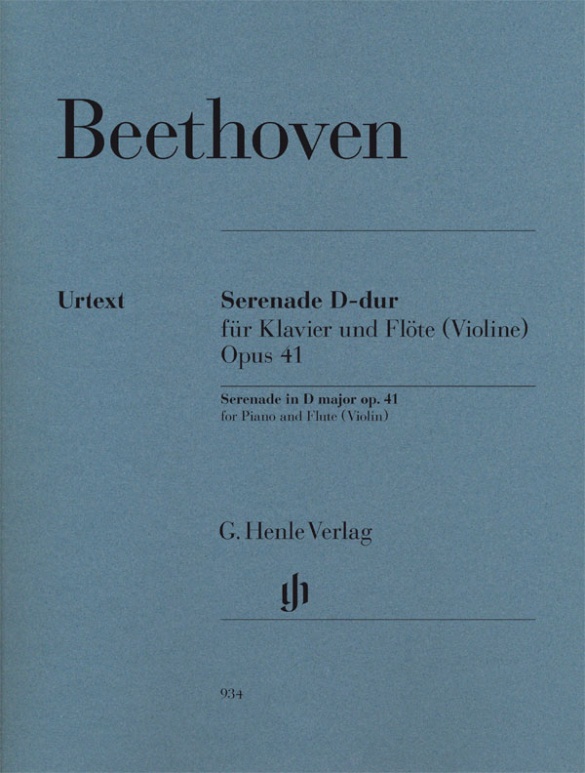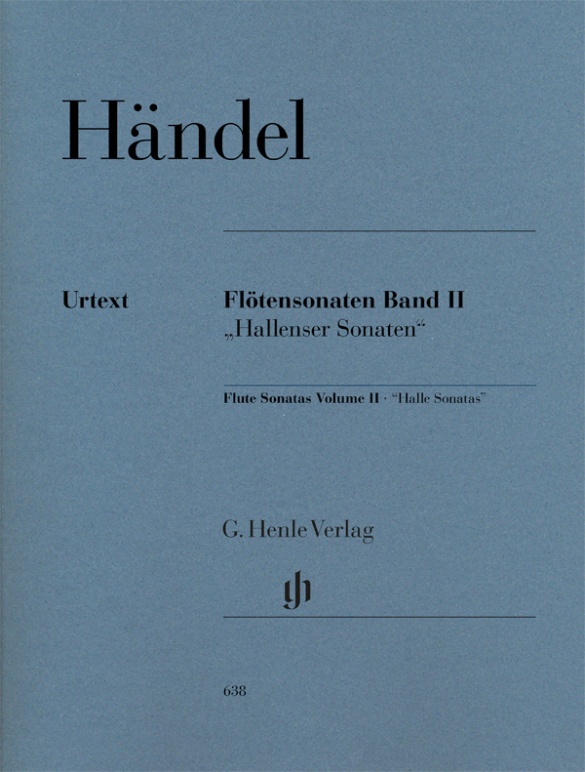

Georg Friedrich Händel
Flute Sonatas Volume II, “Halle Sonatas”
The fact that the three so-called “Hallenser” Sonatas do not all date from Handel’s youth in Halle does not adversely affect their popularity. Since only very little is known about them, and because certain stylistic characteristics suggest an early composition date, the sonatas were formerly assigned to Handel’s Halle years. However, we now know that at least the e minor Sonata was written in London. We include a combined part for Flute/Basso in this Urtext edition, so that both players – flautist and accompanist – can play from this musical text. We are also offering, in addition to the thoroughbass figuring, a historically-appropriate thoroughbass realization within the score.
mws-henle.cms.title-works.headline
mws-henle.cms-product-detail.composer-headline
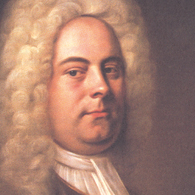
Georg Friedrich Händel
He numbers among the most important composers of Italian operas and is a major proponent of the oratorio; his immense oeuvre also comprises concerti grossi and solo concertos, liturgical music, chamber music, and music for keyboard instruments. He worked in London.
| 1685 | Born in Halle (Saale) on February 23. |
| 1702 | Organist at the Palace Cathedral in Halle. |
| 1703 | Employed as a violinist, later as a harpsichordist, at the Oper am Gänsemarkt in Hamburg; premiere in 1705 of the opera “Der in Krohnen erlangte Glücks-Wechsel, oder: Almira, Königin von Castilien” (“The Change of Fortune Won in Crowns, or: Almira, Queen of Castile”). |
| 1706–10 | Stay in Italy, with opera performances. |
| 1710 | Employed as music director by the Elector of Hanover. The 1711 London premiere of “Rinaldo” is a great success. In 1712, he will travel once more to London, where he will remain for the rest of his life. |
| from 1720 | Important position at the Royal Academy of Music, which he founded in 1717. |
| from 1724 | Successful premieres of “Giulio Cesare in Egitto,” “Tamerlano,” “Rodelinda” in 1725, and “Alessandro” in 1726. |
| 1728 | After the dissolution of the Royal Academy of Music, Handel continues to lead his own company. |
| 1733 | Competition from the Nobility Opera, which is supported by the aristocracy. Premiere of “Orlando.” |
| 1734 | Engagement of a French ballet troupe to outdo the Nobility Opera. Integration of French elements into his own operas. |
| from 1735 | Premiere of “Alcina,” “Giustino” in 1737, “Serse” in 1738 (containing the famous largo “Ombra mai fù”). |
| 1736 | Three “Water Music Suites,” HWV 348–350. |
| 1739 | Twelve “Concerti grossi,” Op. 6, after Corelli’s example. |
| 1741 | Unsuccessful premiere of the melodrama “Deidamia”. From then on, composition of oratorios, including “Messiah” (1741), “Judas Maccabaeus” (1746), and “Jephtha” (1751). |
| 1749 | “Music for the Royal Fireworks,” HWV 351. |
| 1759 | Death in London on April 14. |
Product Safety Informations (GPSR)

G. Henle Verlag
Here you can find the information about the manufacturer of the product.G. Henle Verlag e.K.
Forstenrieder Allee 122
81476 München
Germany
info@henle.de
www.henle.com
Here they are presented in an Urtext edition, as faithful as possible to the sources, and without added dynamics, articulation and ornamentation. The realisation of the thoroughbass in the keyboard part is clear and not too thick in texture; the volume comes with two copies of the flute/bass part (with figured bass) which is convenient for performance.
PAN magazine推荐
autogenerated_cross_selling
本书目其他版本
本书目其他版本


